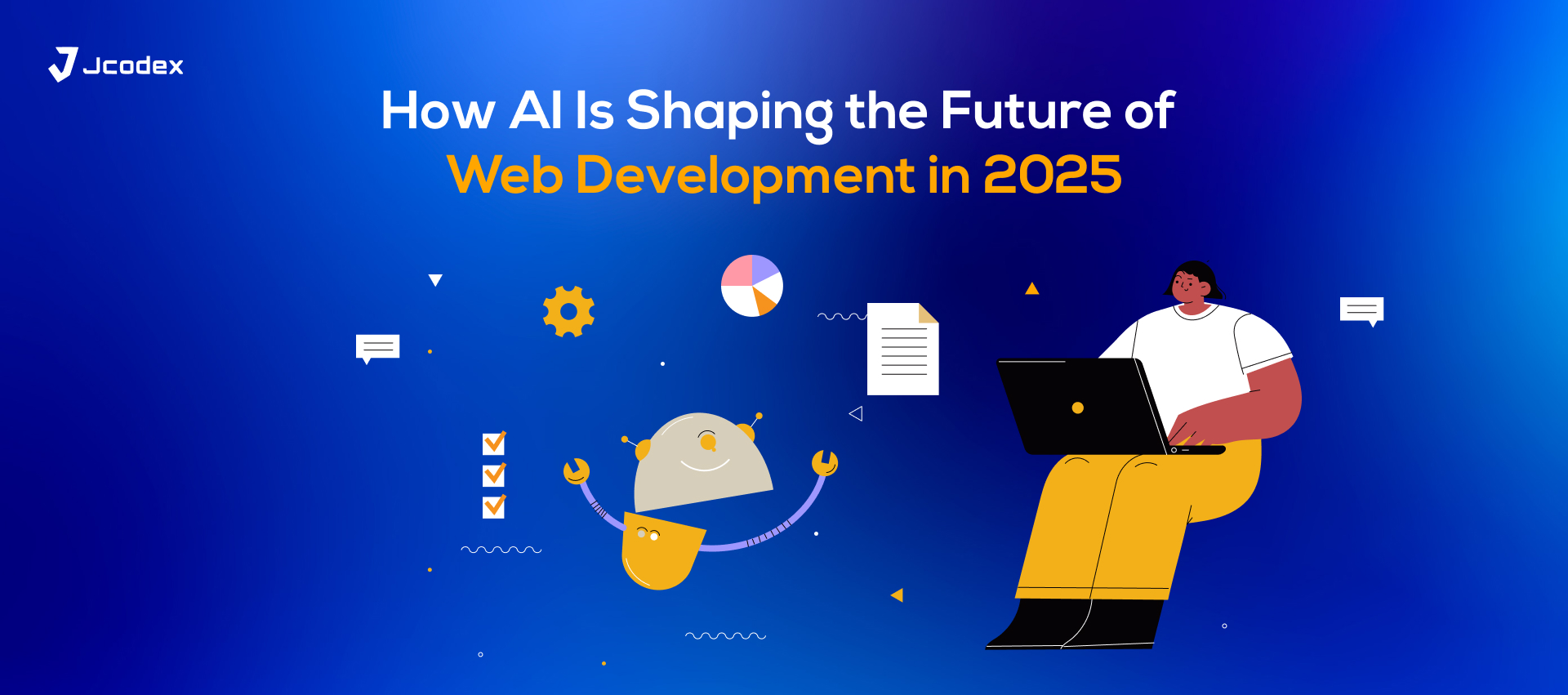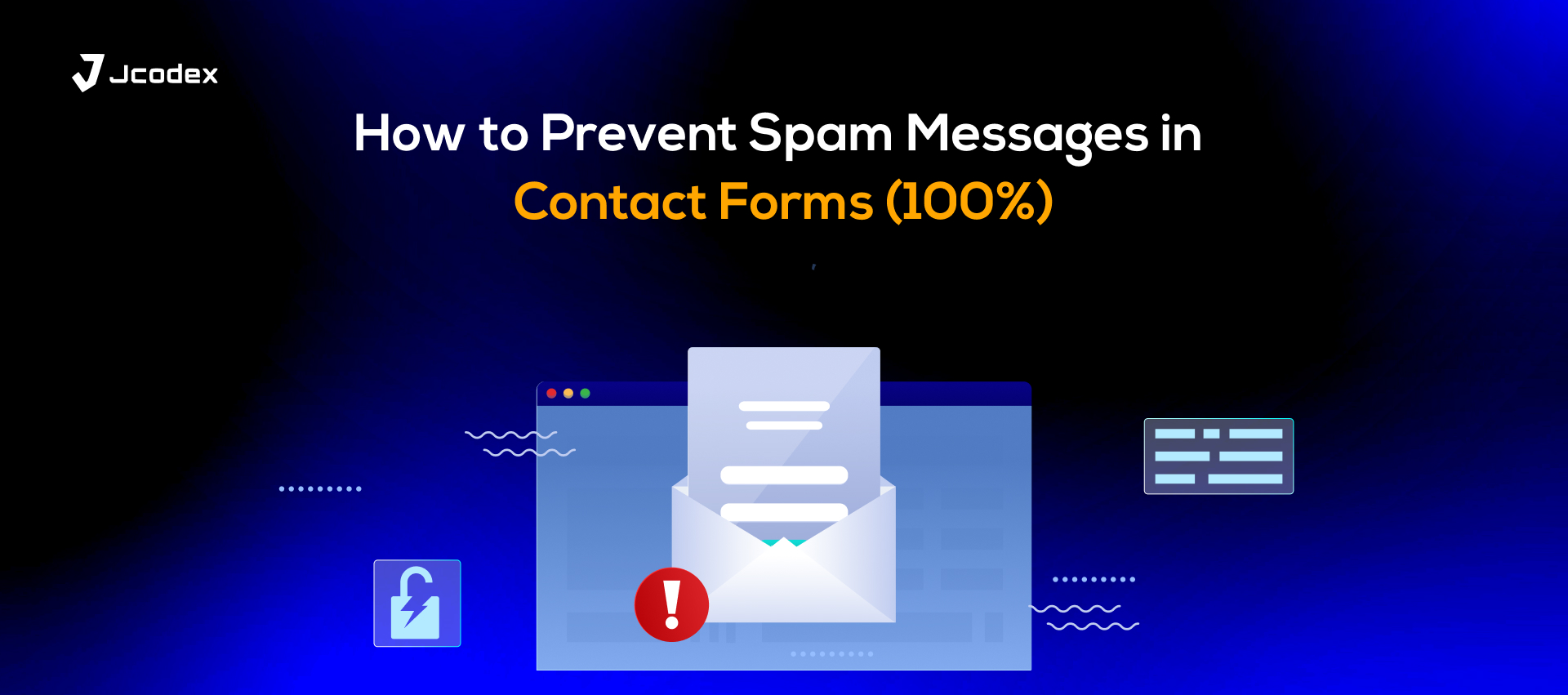Artificial intelligence (AI) is reshaping the world of web development. From automating repetitive tasks to improving user experience and website performance, AI is driving a major shift in how developers design, code, and maintain digital experiences.
In 2025, AI is no longer a futuristic concept, it’s an essential part of every developer’s toolkit. Whether it’s code generation, predictive analytics, or personalized content, intelligent systems are helping websites become faster, smarter, and more user-centric.
1. AI-Assisted Coding and Development
AI-powered coding assistants like GitHub Copilot and Tabnine are changing how developers write software. These tools help by predicting code snippets, identifying bugs, and suggesting optimized logic structures all in real time.
This not only improves productivity but also helps new developers learn faster through AI-generated recommendations and examples. As a result, teams can focus on creativity and functionality instead of routine syntax and structure.
2. Smarter and More Personalized Web Design
AI is bringing personalization into the heart of modern web design. Websites can now analyze visitor behavior and adjust layouts, colors, or content based on user preferences.
For example, eCommerce platforms increasingly use AI to tailor recommendations and display dynamic layouts for returning customers. The focus is on creating intuitive experiences that adapt automatically, something every customer-friendly WooCommerce store in 2025 strives for.
These design advancements help brands build stronger engagement and encourage visitors to stay longer, leading to better conversion rates.
3. AI Chatbots and Conversational Interfaces
AI-driven chatbots are transforming user interaction. Through Natural Language Processing (NLP), chatbots can understand queries, detect intent, and deliver context-aware answers almost like human support agents.
They are now used for onboarding, product assistance, and customer service. Some even learn from interactions to improve their responses over time, creating a smoother, more conversational experience.
Additionally, voice-enabled interfaces are becoming part of web design trends, making it easier for users to navigate through speech commands.
4. Intelligent Testing and Quality Assurance
Website testing and quality assurance often consume a lot of time. AI simplifies this process by running automated test scripts, detecting anomalies, and predicting areas prone to bugs.
Machine learning algorithms can identify patterns in test data and refine the process continuously. This ensures faster deployment cycles and reduces the risk of post-launch issues, especially in complex web projects.
5. AI for SEO and Content Optimization

Search engine optimization has evolved far beyond keyword placement. AI-driven SEO tools now analyze user intent, competitor data, and search behavior to help websites rank better.
They assist with everything from optimizing titles and metadata to suggesting content improvements. AI even helps craft semantic-rich content that aligns with what search engines and users value most relevance and clarity.
This approach helps developers and marketers create content that not only performs better in rankings but also delivers a stronger user experience.
6. Website Performance and Security Intelligence
AI can monitor, analyze, and optimize website performance in real time. It detects unusual traffic patterns, predicts potential server overloads, and recommends preemptive optimizations like image compression or caching strategies.
For security, AI-driven systems can flag suspicious activity or detect vulnerabilities before they become threats. This proactive monitoring leads to faster, safer, and more reliable websites with minimal downtime.
7. AI in CMS and Content Automation
Content Management Systems (CMS) are integrating AI at a rapid pace. From automatic tagging to intelligent formatting and AI-generated summaries, these features help maintain consistency and efficiency across large websites.
In headless CMS environments, AI can dynamically deliver personalized content via APIs ensuring that users receive the most relevant information based on their behavior and device type.
This automation allows developers and editors to focus on strategy, while AI handles the repetitive side of publishing and structuring content.
8. The Future of AI in Web Development
Looking ahead, AI’s influence in web development will only expand. We can expect to see:
- Websites that automatically optimize layouts based on engagement data.
- Generative AI tools capable of building entire page structures from a single prompt.
- Predictive UX systems that adapt design based on real-time emotions and interactions.
- Seamless integration of AI with AR/VR for immersive, data-driven experiences.
These advancements suggest a future where websites will be more than static experiences; they’ll evolve intelligently with their users.
Conclusion
AI is redefining what it means to build for the web. It’s enhancing creativity, boosting productivity, and making digital experiences more human. For developers and agencies, the goal is not to replace human talent but to combine human insight with AI intelligence for smarter, faster, and more engaging websites.
As we move through 2025 and beyond, embracing AI in web development isn’t just an option, it’s the next step toward creating a more adaptive and intelligent web.



